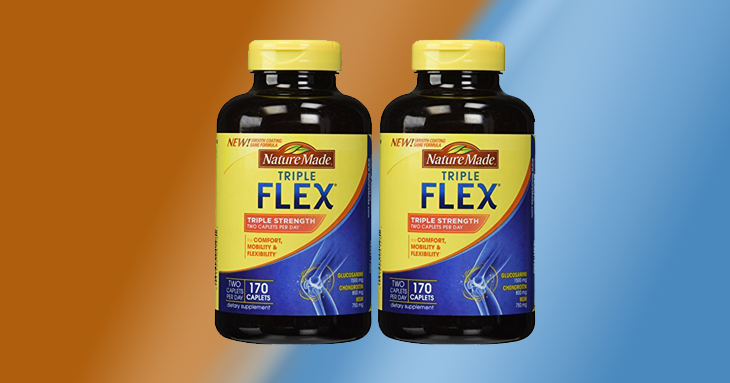
Ad Watchdog TINA.org Objects to Unfair Class Action Settlement
Lawyers To Pocket $4 Million in Glucosamine Deal MADISON, CONN. Nov. 15, 2017 – Continuing its efforts to fight for settlements that are fair to consumers and mandate real changes…
Ad Watchdog Issues Warning to Consumers
MADISON, CONN. September 21, 2015 — With an aging baby-boomer population and an estimated 10 million Americans predicted to develop some form of brain disease, supplements claiming to help brain function are flooding the market. Wisconsin-based Quincy Bioscience, the self-proclaimed industry leader, has sold more than two million bottles of its jellyfish-based supplement Prevagen since its launch in 2007 on the premise that it is clinically proven to improve memory. But an investigation by ad watchdog TINA.org has found that the company does not have reliable scientific evidence to back up its claim and the organization has filed a deceptive advertising complaint against Quincy with the Federal Trade Commission.
“Aging Americans should not be a target for unscrupulous marketers making empty promises that their miracle product can cure memory loss,” said TINA.org Executive Director Bonnie Patten.
Prevagen is manufactured and marketed by Quincy Bioscience and sold at major retail stores such as CVS and Walgreens for between $40 and $60.
TINA.org’s investigation found that the studies the company cites as evidence that Prevagen improves memory are riddled with deficiencies that render them unreliable. In addition, according to Dr. David S. Seres, director of medical nutrition at Columbia University Medical Center, basic scientific principles do not support that the key ingredient in Prevagen – apoaequorin, a synthetic protein the company claims was originally found in bioluminescent jellyfish from Puget Sound — has any effect on memory.
“It is biologically inconceivable that taking a protein by mouth would have any effect on memory,” Seres concluded.
TINA.org called on Quincy Bioscience to correct its deceptive advertising. After the company failed to respond, the ad watchdog filed a complaint with the FTC urging it to take action.
The memory supplement industry has faced increased scrutiny in recent months – this summer, the heads of the Senate’s Special Committee on Aging sent letters to the FDA and more than a dozen major retailers including Amazon, Target and Google, requesting information on how the agency and companies safeguard consumers from dubious products for the brain.
If you are a member of the media looking to contact us, please email us at: [email protected]
Lawyers To Pocket $4 Million in Glucosamine Deal MADISON, CONN. Nov. 15, 2017 – Continuing its efforts to fight for settlements that are fair to consumers and mandate real changes…
MADISON, CONN. August 23, 2017 – With Goop, actress-turned-entrepreneur Gwyneth Paltrow has created a wellness empire based on unconventional products such as yoni eggs, Shaman-inspired medicine bags, and crystal therapy…
MADISON, CONN. December 16, 2016 – Vemma Nutrition, an Arizona-based multi-level marketing (MLM) company that the Federal Trade Commission labeled a pyramid scheme in a lawsuit filed last year, has…

